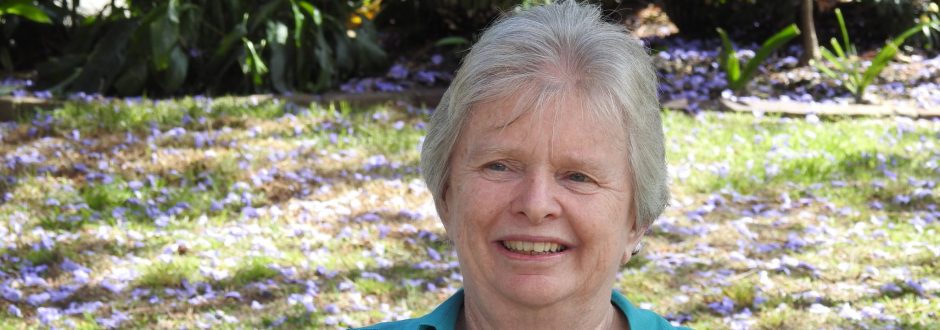Can the rest of the world learn any lessons from the tragedy of Fukushima? Surely there are some lessons for Australia, writes Good Samaritan Sister Clare Condon.
BY Clare Condon SGS
Recently, I returned to Australia from visiting our Good Samaritan Sisters in Nara, Japan. For a brief time I shared their life and mission in this ancient and beautiful city. As I listened to the sisters speak of their experiences and hopes, I was profoundly affected by their responses and concerns for their fellow citizens whose lives were devastated by last year’s horrific earthquake and tsunami in the northern regions of Japan.
The sisters’ responses to this tragic disaster include belonging to the National Catholic Advocacy Group, knitting scarves for the winter months, participating in local prayer and support groups, and opening their home to survivors for respite.
During my stay in Japan an historic event occurred: the 54th and last of the country’s nuclear energy reactors was shut down. It’s just over 12 months since the magnitude-nine earthquake and resulting tsunami struck, causing a meltdown at the Fukushima Daiichi Nuclear Power Station. This raised the serious alarm of Japan’s vulnerability, with 54 nuclear power plants standing in a dangerous earthquake zone.
Interestingly, it took only 12 months to close down 54 plants and to replace them with more environmentally and economically viable options. This brisk action as a result of the demands of the Japanese people proves the old adage, “where there’s a will there’s a way”. Yet, as is often the case, the will only emerges after some tragic and horrendous event. The will also needs the knowledge in order to act.
Why is it that so often we do not know the facts about nuclear energy? We can be kept literally in the dark – kept from the facts by governments, vested interests, and even the media, which can be controlled by vested interests, rather than acting with the freedom of the truth which is their vocation.
While in Japan I was given a booklet produced by the National Christian Council of Japan and the Japanese Catholic Council for Justice and Peace. This booklet, entitled “Nuclear Power is NOT the solution to global warming!! It is the worst choice for Earth’s life environment”, contains some disturbing information.
Did you know that one nuclear power plant with an output of one million kWh (kilowatt hours) burns three kilograms of uranium each day, producing the energy equal to four Hiroshima bombs, and the same amount of fissile product, known as death ash – a deadly poison that we humans have not yet found a safe method for disposal?
Did you know that only one-third of the generated heat is used to generate electricity and the remaining two-thirds is waste? A single, one million kWh nuclear reactor uses 70 tons of seawater per second for cooling. This water goes back into the ocean with radiation and chemical substances.
Can the rest of the world learn any lessons from the tragedy of Fukushima? Surely there are some lessons for Australia!
Australia holds the largest deposits in the world of uranium. It is the third largest exporter of uranium; Japan is the third largest importer of Australian uranium. In December, the Australian Federal Labor Government overturned a decades-old ban on selling uranium to nations that are not signatories to the Nuclear Non-Proliferation Treaty. What moral responsibility do we have as a nation?
There are moral lessons here for all involved in mining, smelting, conversion, fuel processing and nuclear power generation. So often the public discourse is about the economic and environmental costs of nuclear over coal generation. According to the booklet from the National Christian Council of Japan and the Japanese Catholic Council for Justice and Peace: “…nuclear power generation is itself accelerating global warming, and constantly producing radioactive waste, or death ash, which has ruinous effect on all life environments on Earth”. Surely greater research and scientific analysis is required before nuclear power can be regarded as a safe option into the future?
The activities of the Japanese power company, TEPCO, have raised questions of corruption and manipulation and become a great scandal in Japan. Perhaps it is timely that we all take note of the Great St Gregory, pope and doctor of the Church, who said: “It is better that scandals arise than that truth should be silenced”.
Here is a lesson for both the Church and wider society. We should never be afraid of the truth.
